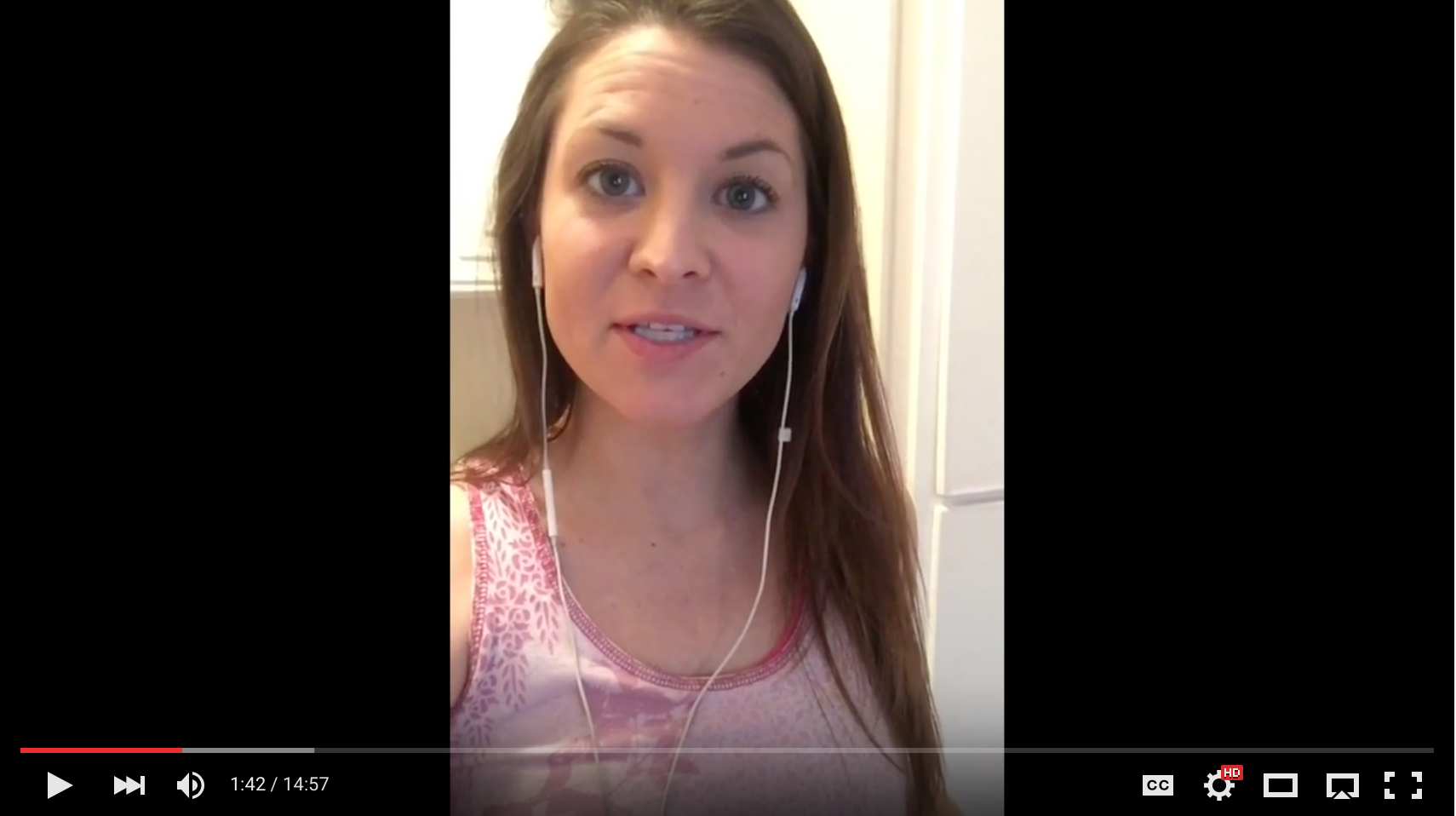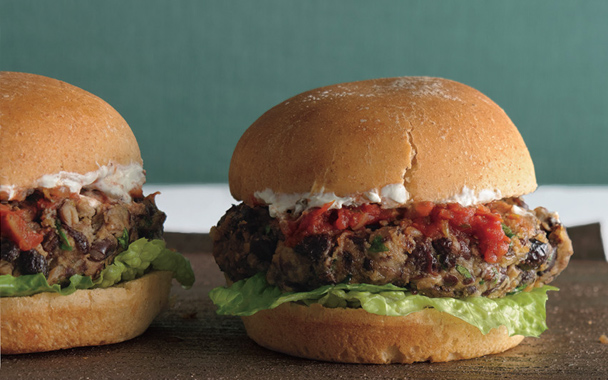Help with Meal Planning, Structured Eating + Intuitive Eating
Physical Level of Healing: The FoundationAn eating disorder recovery meal plan is essential in the beginning stages of your recovery. This food plan is essentially the foundation for your recovery; without it, we would not be able to do the deeper, emotional healing work that sustained recovery requires.
Following a meal plan is an important key in your eating disorder treatment plan so that we can lessen and ultimately abstain from all eating disorder behaviors- binging, purging, restricting, and compulsive overeating. Engaging in eating disorder behaviors is abusing our body by depriving it of healthy food and nutrients in healthy proportions and we have to train ourselves to learn how to eat ‘normally’ again. This is not bad, we developed the eating disorder as a way to cope, we must not blame, but need to take responsibility and understand that we can change for the better. Food and eating does not have to be scary or rule your life, even though when starting an eating disorder meal plan it can feel this way!
If you are looking for an anorexic recovery meal plan, recovering bulimic meal plan, binge eating recovery meal plan or any other eating disorder recovery meal plans, you have come to the right place!
Eating disorder recovery meal plans should ideally be designed by a Registered Dietitian (RD), which you can incorporate into your treatment plan. The RD should be able to assess your current nutritional situation as well as your lifestyle and preferences and be able to create a customized recovering meal plan for you. Dietitians take into consideration lots of factors such as individual nutritional needs, weight, exercise level, lifestyle, food preferences, etc. when they are designing your meal plan.
Therefore, these Eating Disorder Meal Plans are simply samples of what your meal plan could look like. Your nutritional needs could be very different from these meal plans shown here. You should only begin a meal plan under supervision of your treatment team of medical doctors, alternative medicine practitioners, and/or nutritional counsel such as a Registered Dietician.
Are you recovering from an eating disorder, planning out your meal plan exchanges and wondering where to begin? We can help! Ideally, your meal plan should be a balanced healthy daily meal plan that has been customized by a Registered Dietician. However we must educate ourselves on what is going into our bodies, especially because a dietician can only help so much- they don’t help us actually prepare our meals!
Knowing how to design your own meal plan may help you as you move forward with your recovery by empowering you to make healthy meal choices, because ultimately you get to choose whether or not you actually follow your daily food plan.
We have listed each food group with the corresponding exchanges to help you make healthy food choices!
Portion size is important but weighing and measuring food can be so inconvenient and time consuming! In the beginning stages of your recovery meal plan, you should weigh and measure foods so that you know what the exact portion size is. Then, start to visualize your portions using these guidelines below. It’s amazing how accurate just “eye-balling” it can be and you will start to recognize the appropriate portion sizes for your eating disorder meal plan automatically…and remember, “close enough is good enough!” If you are a perfectionist like me, you’ll probably want it to be exact. However, visualizing your food portions is a helpful skill to develop and you can follow these guidelines:
Today I am sharing a video from my own daily life of being an intuitive eater, so that I can help you along your path to anorexia recovery, bulimia recovery, binge eating recovery or whatever it is that you are struggling with right now.
Your needs will vary based on if you are working on an anorexia recovery meal plan or bulimia recovery meal plan, but the most important thing is to check with your doctors and treatment team before making any changes to your nutritional intake. However many women and men don’t have this luxury and so that is exactly why I do what I do and want to share with you my own personal food diary to help you create your own personalized eating disorder recovery meal plan.
The first thing you need to do in recovery is start off with the FOUNDATION.
You wouldn’t build a house without a solid foundation would you?!?
Same thing with recovery. Our physical healing becomes the FOUNDATION from which you can grow. It becomes the framework and guidelines so that you can stop worrying about food and start doing the DEEPER WORK that sustained and full/permanent recovery requires.
There are so many women that ask me about eating disorder recovery meal plans, how much do I eat, when do I eat, what do I eat, how do I learn how to eat intuitively?!?!? There seems to be so much confusion and also controversy surrounding meal plans for eating disorder recovery. I hear from so many women that they were told to follow an eating disorder recovery meal plan, but they have trouble following it and then they feel like a failure…this can actually be counterproductive and contribute to the very same eating disorder behaviors we are trying to eliminate in recovery!
I wanted to share with you what a typical day looks like for me, food-wise. Now you have to remember that I EAT INTUITIVELY now, and I don’t plan anything out (except for family dinners on the weeknights for budgeting and planning purposes). I typically follow the schedule my body is on, eating when hungry and stopping when full. I don’t restrict myself from anything and nothing is off-limits! However, I do prefer to eat healthy foods and foods that fuel my body, give me energy and make me feel good! Oh yes, and of course they have to taste good too!









